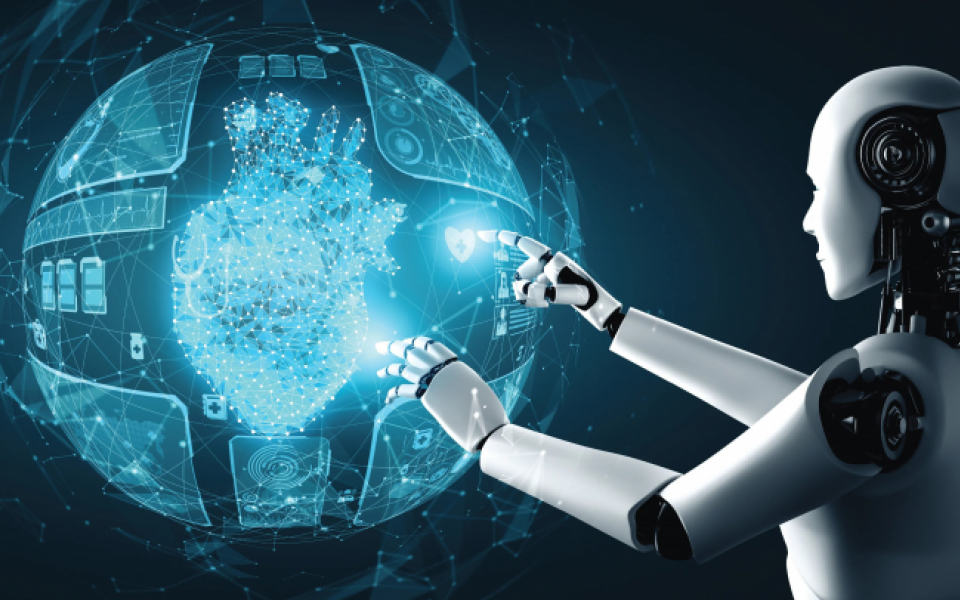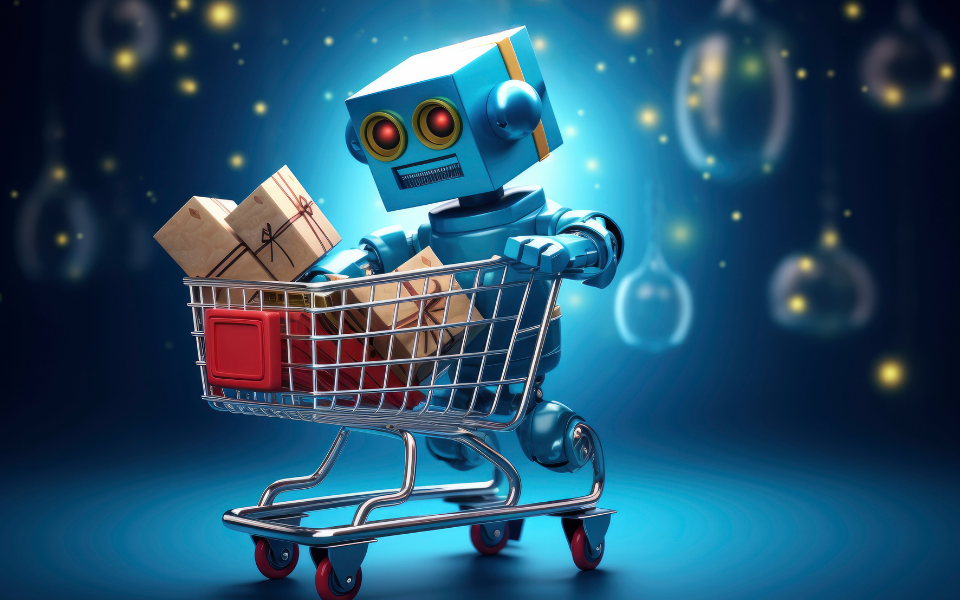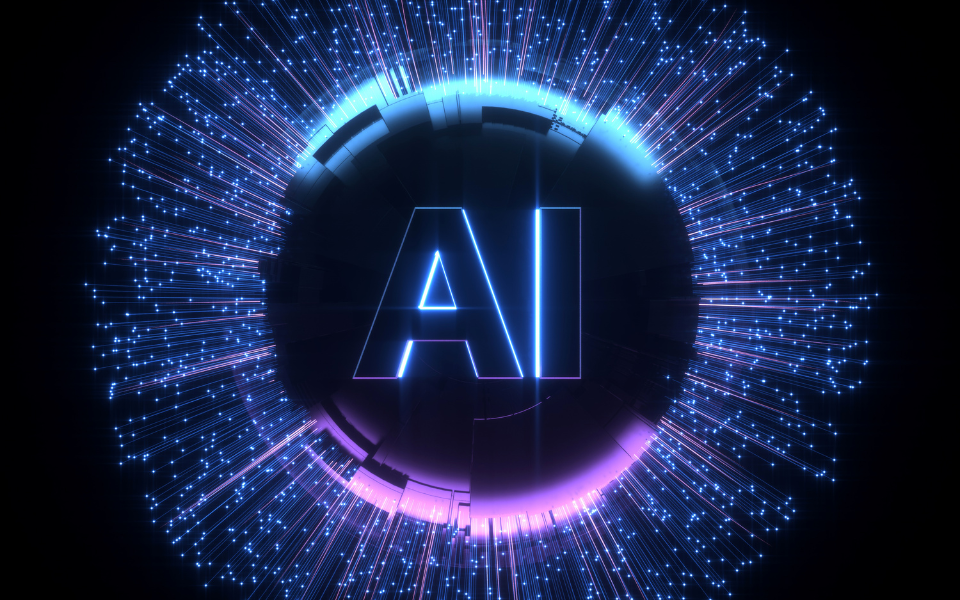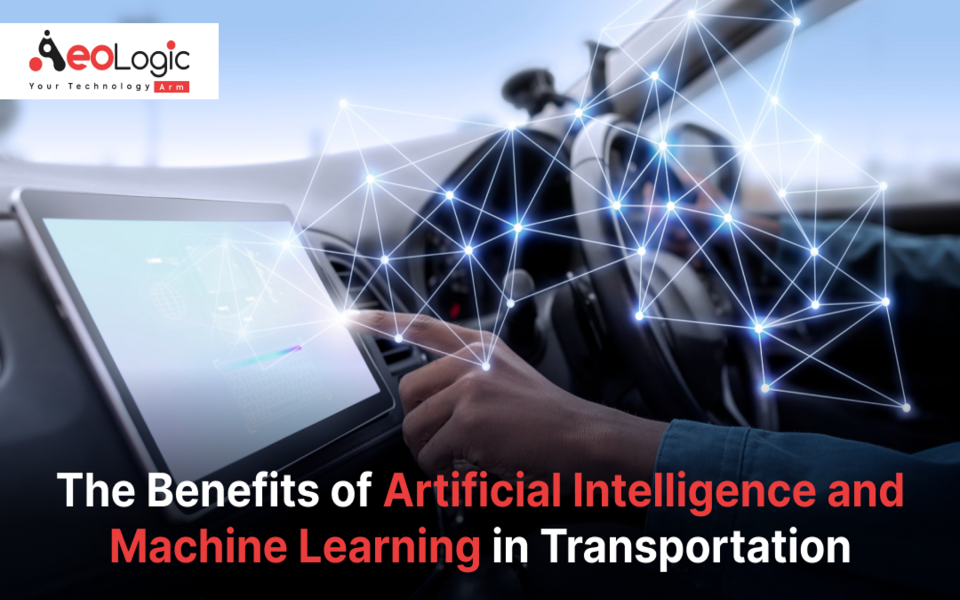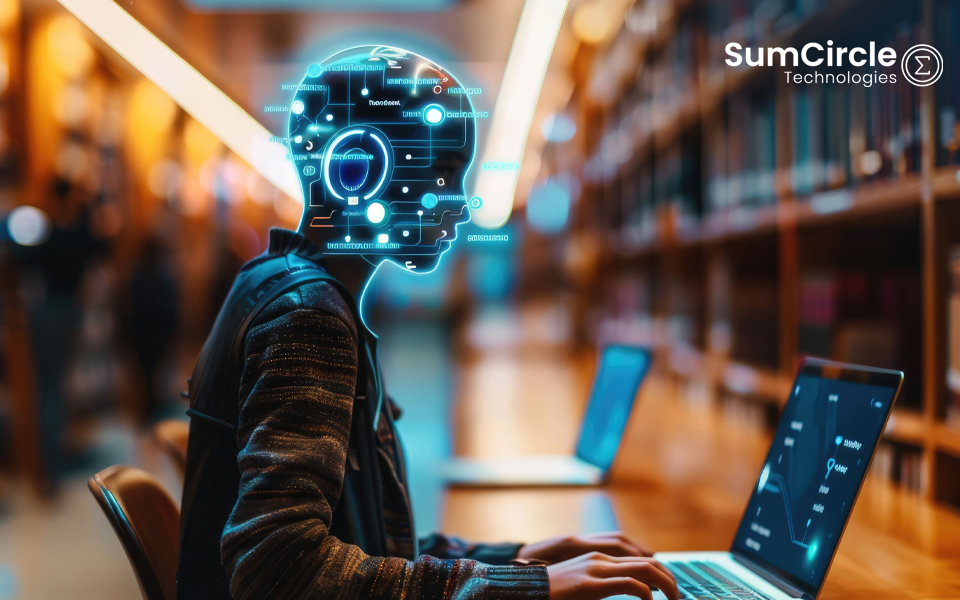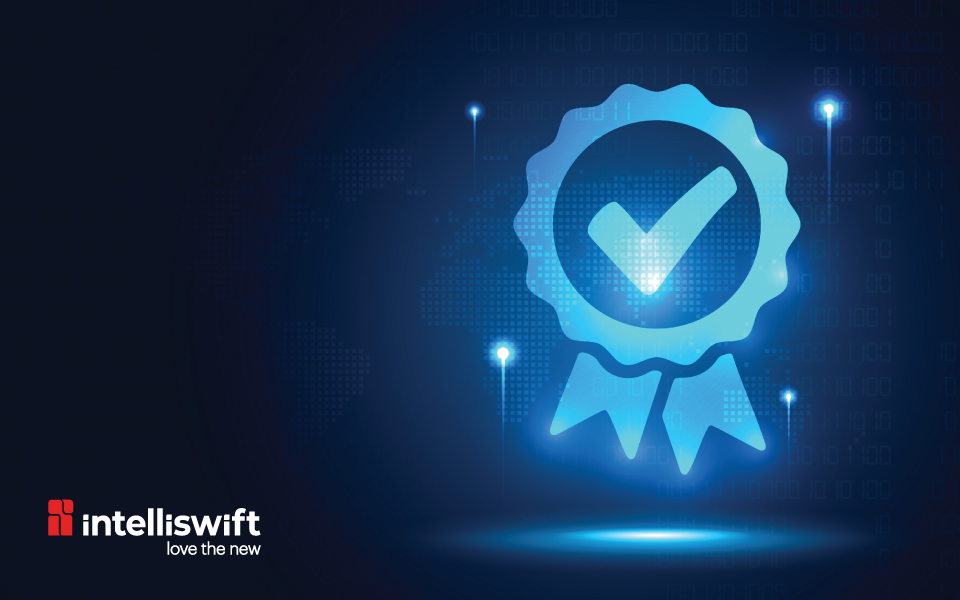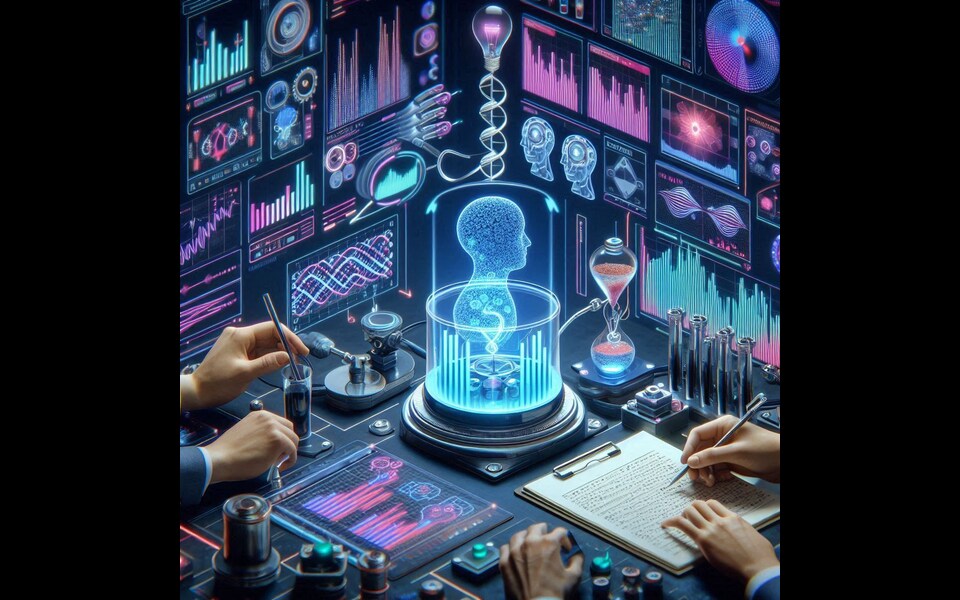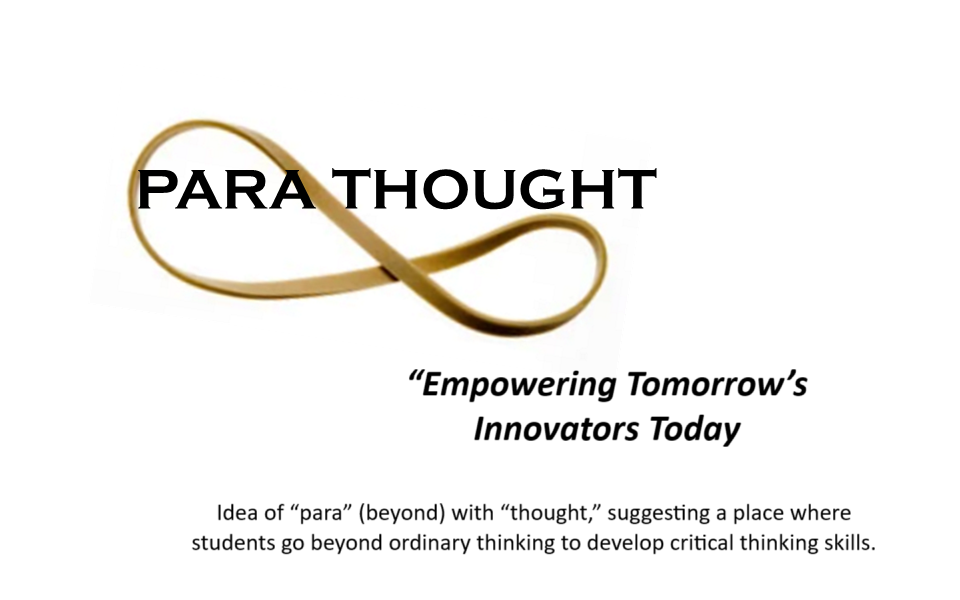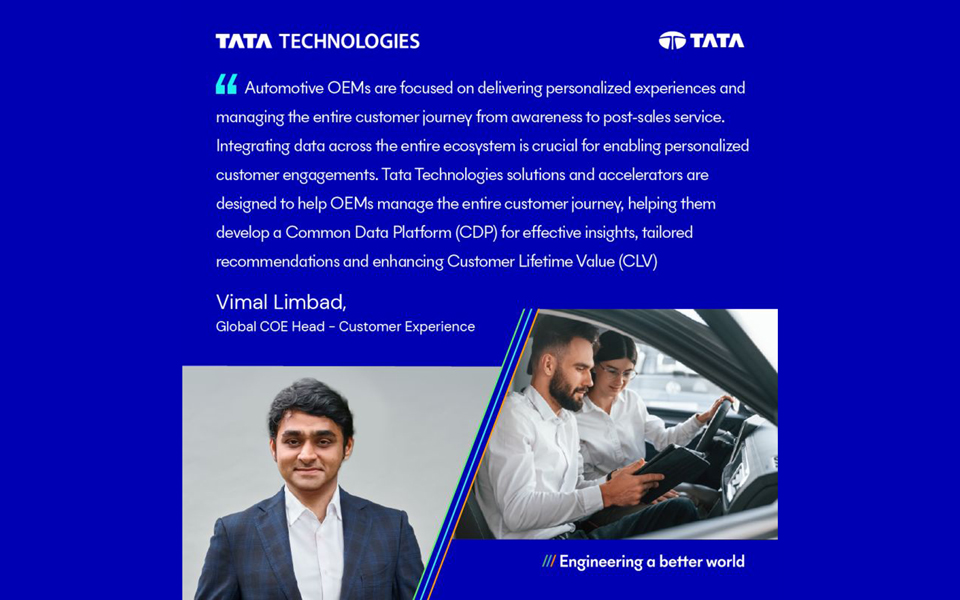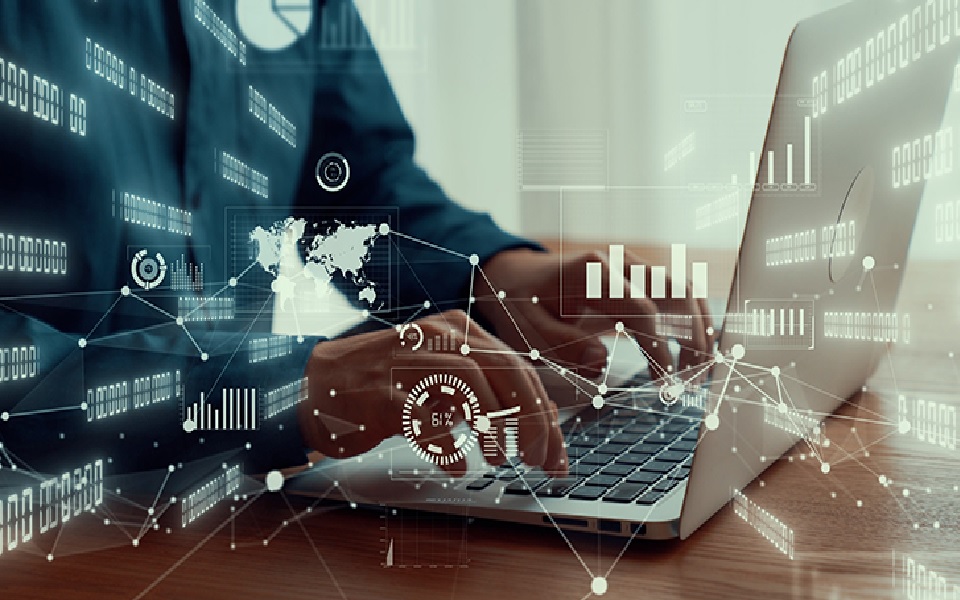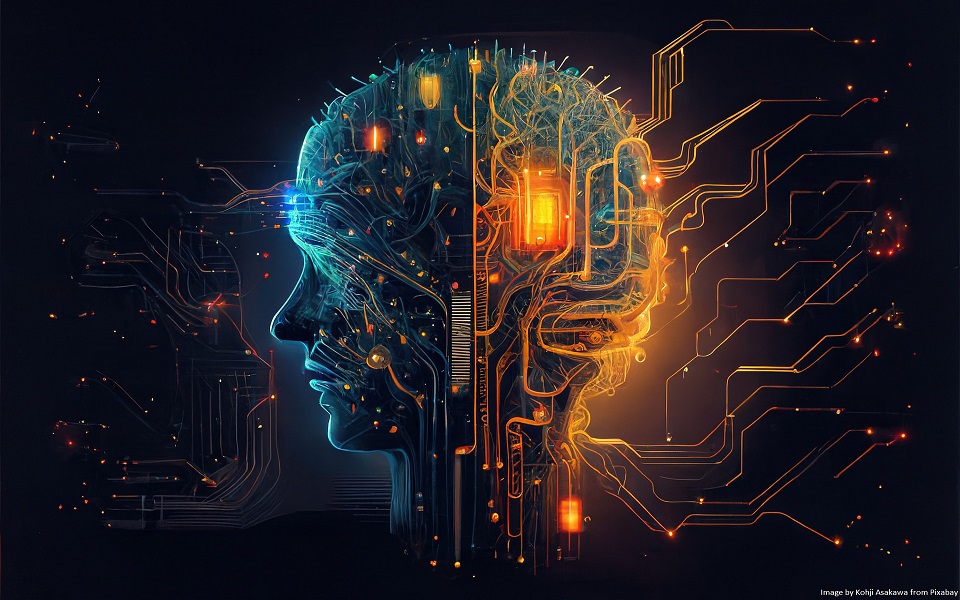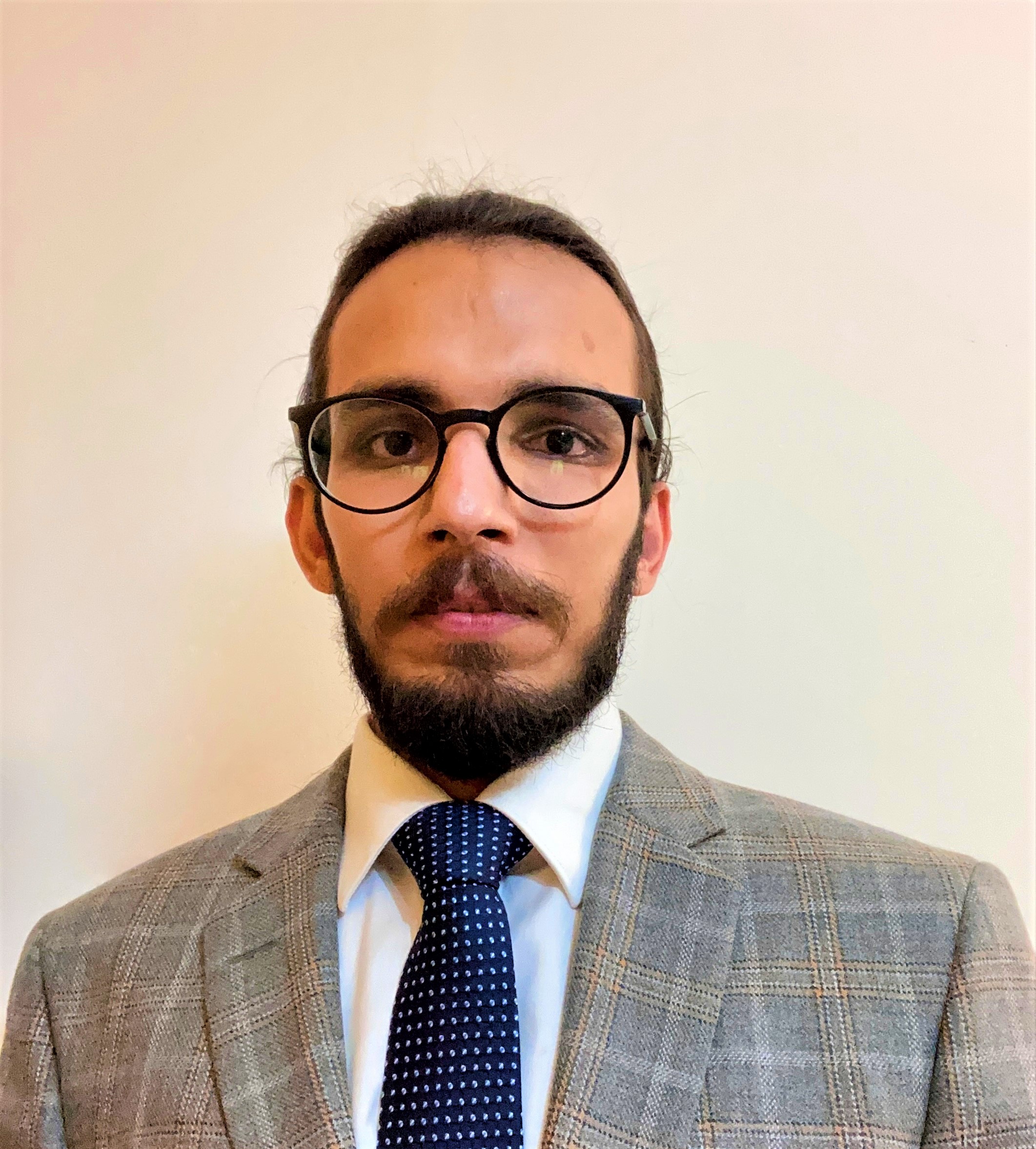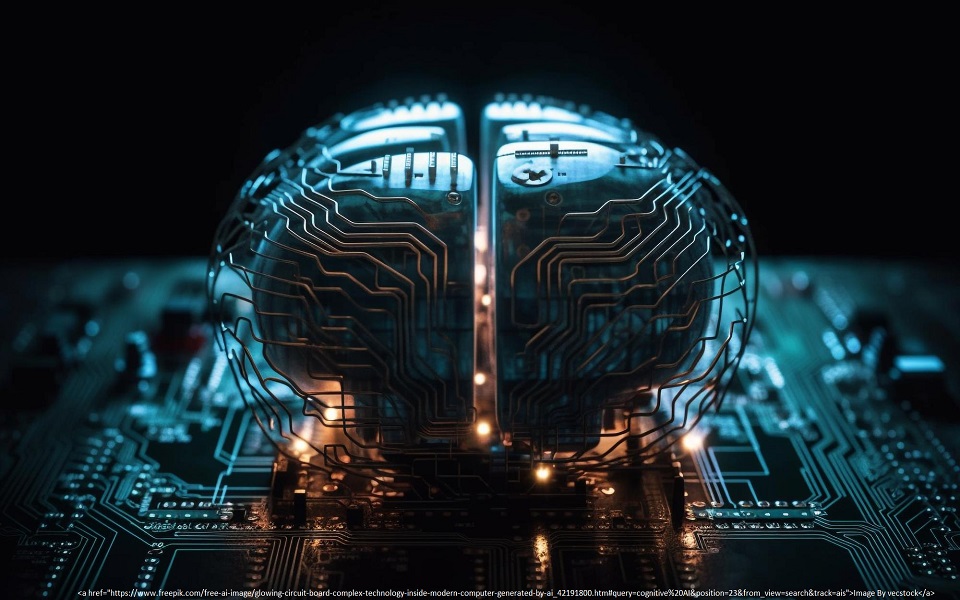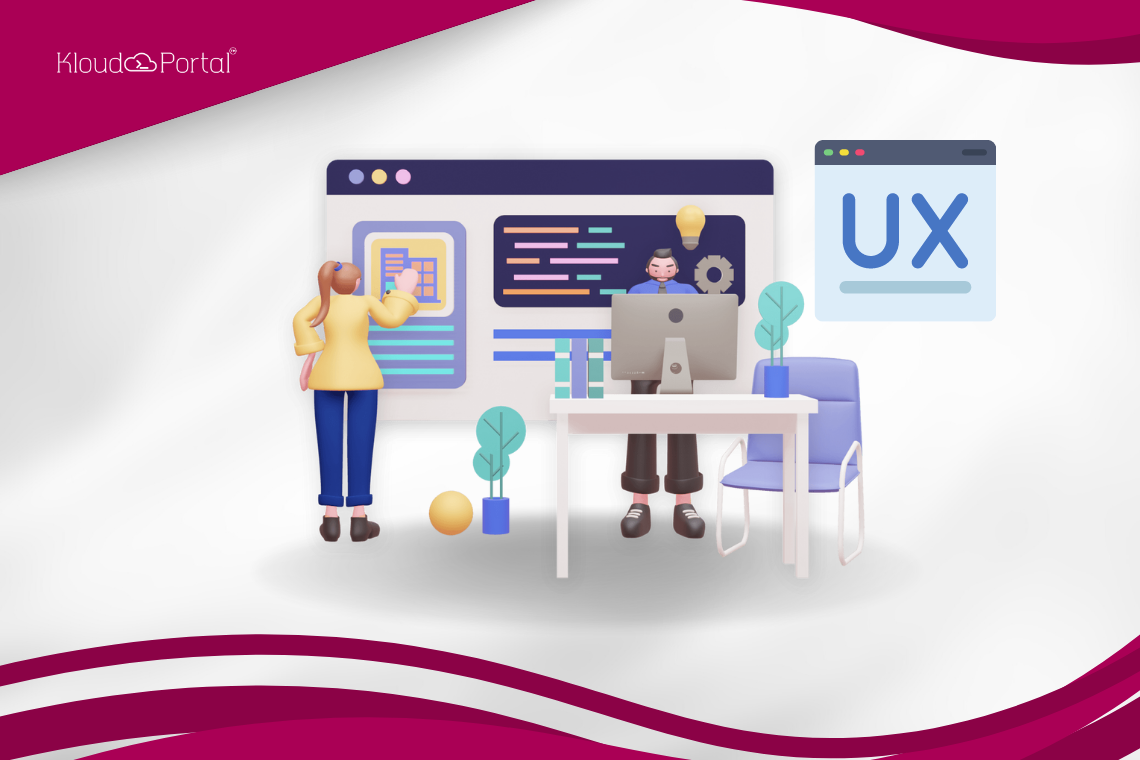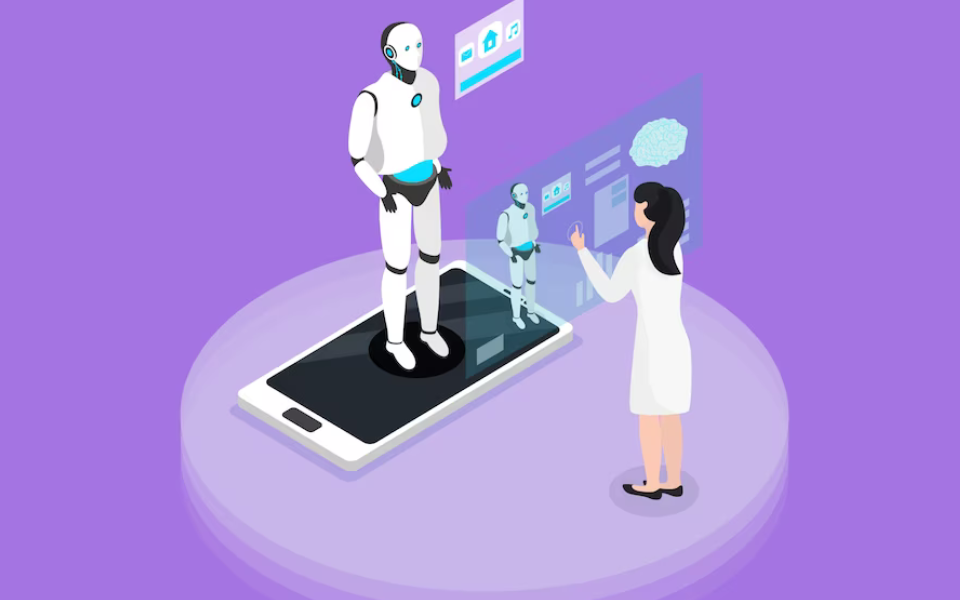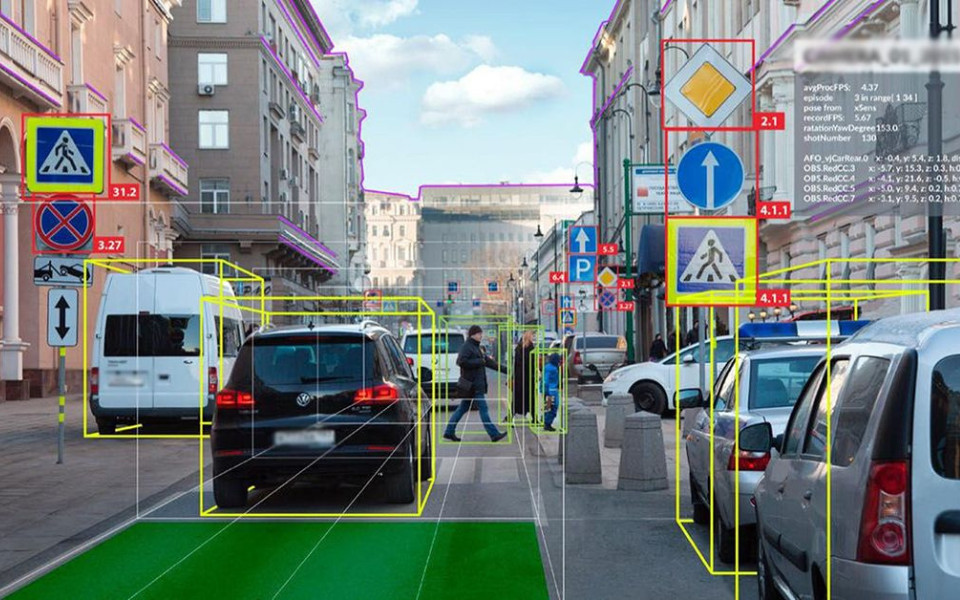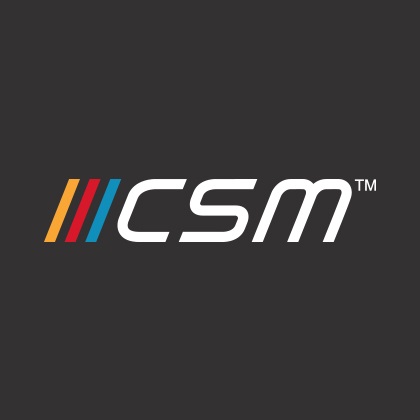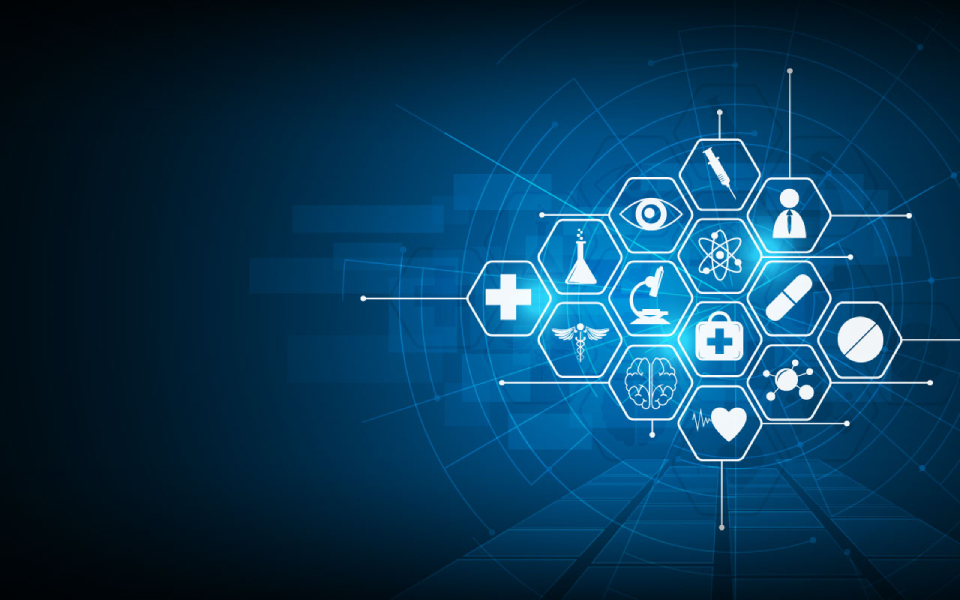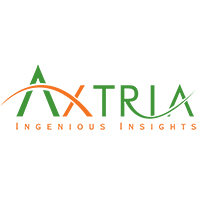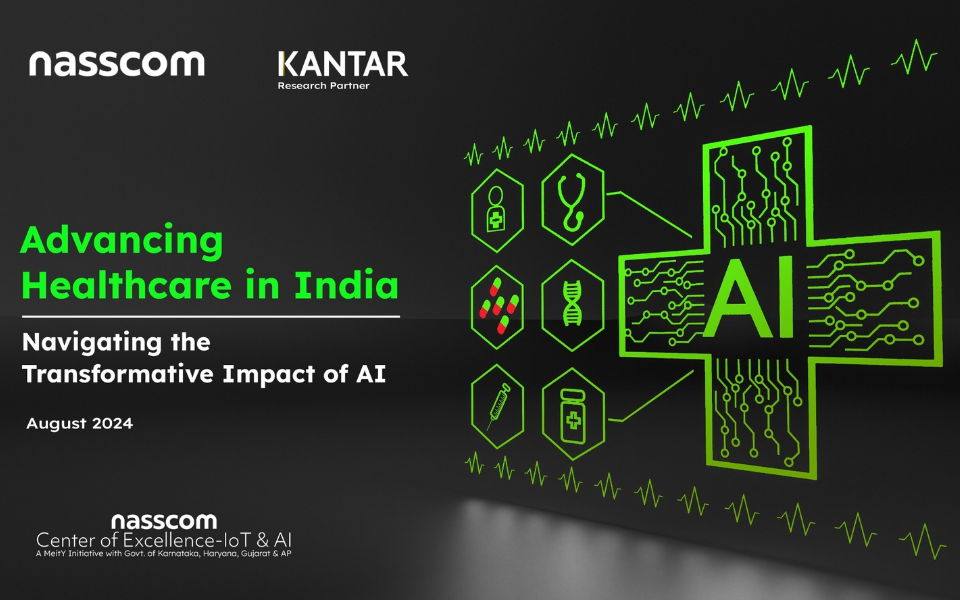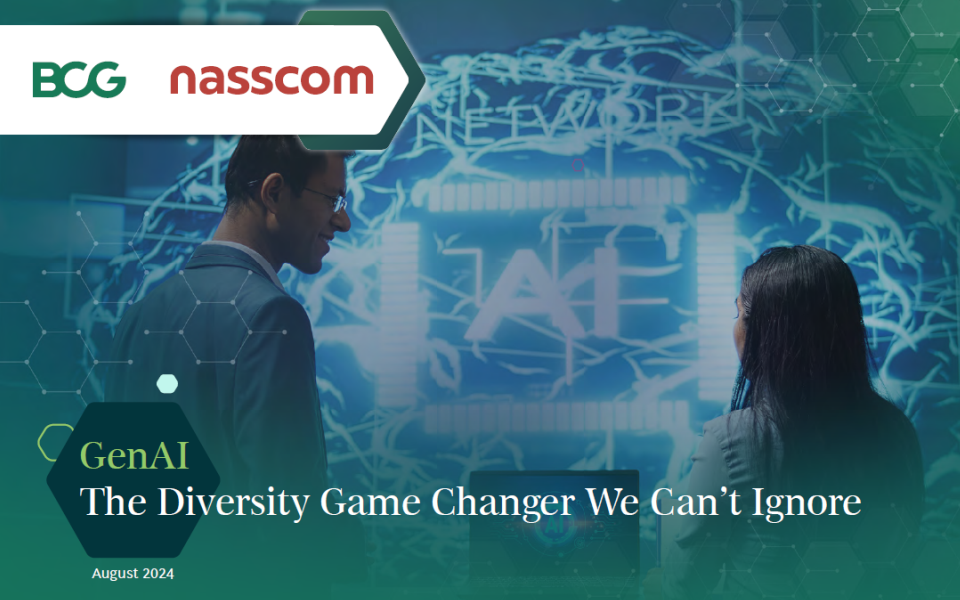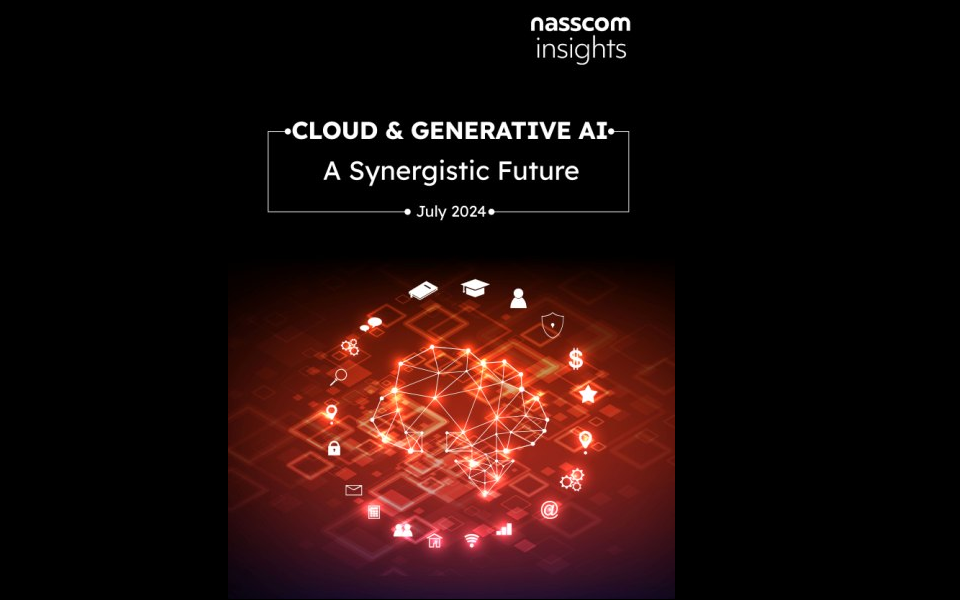Artificial intelligence (AI) has been making waves in every domain, and healthcare is no exception. An AI ecosystem plays a more fundamental role in addressing digital literacy skill gaps in the healthcare sector by applying advanced probabilistic analysis and logic-based prompts in response to natural language requests. Very recently, AI-powered chat product innovation - OpenAI ChatGPT - has emerged as one of the latest advancements driven by the Generative Pre-trained Transformer (GPT) large language model (LLM).
Amidst the changing patient expectations, a shift in lifestyle choices, digital medical research trends, and the never-ending digital connectivity cycle coupled with the aftermath of COVID-19, ChatGPT, this most promising Artificial Intelligence (AI) sensation from OpenAI, is revolutionizing every bit of healthcare ecosystem at lightning speed by providing human-like outputs.
What is OpenAI ChatGPT?
ChatGPT is a remarkable language model running on Generative Pretrained Transformer (GPT) and delivers human-like text in real-time seamlessly. Its deep learning algorithms allow ChatGPT to analyze large amounts of complex datasets and generate relevant responses in accordance with the user inputs provided. ChatGPT is gaining momentum in various applications, including natural language processing, language translation, and chatbots.
In Healthcare specifically, people rely on ChatGPT because it provides precise diagnosis accuracy, customized patient care support, assistance in medical education, and clinical decision-making by seamlessly analyzing complex patient data and turning medical terminology into relevant information. As a true game-changer, the tool drives a more proactive and agile healthcare experience by providing patients greater ownership of their own health at the intersection of sufficient guardrails and sanity checks by physicians.
How is ChatGPT transforming the healthcare sector?
The GPT-3.5 architecture-powered ChatGPT is transforming how people interact and consume information through efficient natural language processing. By leveraging AI algorithms to identify patterns, the tool guides humans on "prevention of diseases and acute disease management" with more immediate responses and less judgment. What's more? ChatGPT's natural language processing capabilities and real-time decision support enable humans to understand vast amounts of medical data and bring generative AI technology into realms of digital biomedical research and translational research with little fine-tuning.
As an immediate source of lifelong learning, ChatGTP pushes human capabilities forward by making data more connected in today's age of acceleration. This AI platform not only simplifies the low-hanging fruit of routine, repetitive, and largely administrative tasks but optimizing hospital-based to home-based care for patients through broader data sets. This way, ChatGPT improves how we investigate and shifts the focus away from memorizing facts to continuous learning, resulting in faster patient empowerment through self-care.
Applications of ChatGPT in healthcare
Let’s explore how ChatGPT is igniting healthcare transformation by addressing some of its most pressing challenges:
- Improving healthcare access:
Access to healthcare is a critical challenge in many parts of the world. Language barriers and lack of access to healthcare information are the biggest obstacles to healthcare access. ChatGPT can help overcome these barriers by providing language translation services and enabling access to healthcare information for those with language barriers.
Additionally, ChatGPT can provide medical information and guidance to patients in remote or underserved areas with limited healthcare resources. ChatGPT can also assist in reducing wait times for patients by answering frequently asked questions, triaging patients, and scheduling appointments. This would reduce the burden on healthcare professionals and improve patient access to care.
- Enhancing diagnostics:
One of the most promising applications of ChatGPT in healthcare is diagnosing diseases. Accurate diagnosis plays a fundamental role in the effective treatment and management of diseases by identifying the underlying cause of a patient's symptoms through a combination of physical examination, medical history, laboratory tests, and imaging studies.
ChatGPT streamlines the acute diagnosing process by enabling patients to thoroughly understand the symptoms of various health conditions. The AI-driven ChatGPT analyzes large amounts of medical records, diagnostic tests, and patient histories using natural language processing capabilities quickly and helps patients extract relevant information from unstructured data.
- Personalized health support:
Adoption of the much-hyped AI innovation ChatGPT is increasing for personalized health support. As we all know, personalized healthcare is the future of medicine, and with ChatGPT, getting personalized recommendations based on medical history, lifestyle factors, and genetic information has become so convenient.
- Summarization of medical papers for improved medical experience:
As an AI-based system, ChatGPT plays a vital role in improving the overall medical experience by summarizing complex medical papers, condensing key information, and providing concise summaries for quick reference. This way, ChatGPT enables researchers, doctors, patients, and other healthcare professionals to stay informed about the latest advancements in the healthcare sector.
Interestingly, AI-driven ChatGPT's summarization capabilities ensure all important insights are never missed by us, facilitating evidence-based decision-making and promoting efficient knowledge dissemination.
- Enhanced clinical decision support:
ChatGPT acts as a virtual health coach and delivers enhanced clinical decision support by analyzing patient data and medical literature accurately. Clinical decision-making is a complex process that requires careful consideration of a range of factors, including patient data, clinical guidelines, and treatment options.
Using ChatGPT, patients can access up-to-date medical research, treatment options, and clinical guidelines under the supervision of healthcare professionals. This results in minimal diagnostic error probability, which is critical for high-quality patient care.
- Biomedical research:
ChatGPT in healthcare is witnessing great potential for biomedical research in particular. Biomedical research can be explained as a critical aspect of the medical field involving the study of biological and medical processes with the objective of making significant improvements in the diagnosis, treatment, and prevention of diseases.
Using ChatGPT, medical experts can accelerate the speed of biomedical research by analyzing large amounts of complex data and can make informed medical decisions through real-time insights. ChatGPT helps seamlessly analyze all types of unstructured data, including medical literature, clinical trial reports, and patient records.
It enables humans to extract meaningful information from these sources, including identifying disease biomarkers, predicting drug interactions, and identifying potential targets for drug development. This kind of data is required to create hypotheses and accelerate medical research, bringing new treatments to market more quickly.
- Medical question-answering:
Everyone counts on intelligent medical question-answering systems from patients to medical practitioners and researchers, to access the latest medical information and best practices. With the emergence of ChatGPT, medical question-answering is taking on a new dimension. Using the ChatGPT tool, users can get accurate answers to complex medical questions related to any particular medical condition or health treatment with minimal complexity of medical language.
ChatGPT tones down the highly specialized medical terminology in layman's language making it easy for non-medical people to understand as per the responses provided to meet the specific needs
- Medical education:
Rapid advancements in technology is revolutionizing the healthcare landscape. To thrive and survive, proper medical education is crucial for healthcare practitioners as it builds confidence and improves their capability of effective communication with patients in real-world settings. The use of AI in medicine, in particular ChatGPT, is becoming increasingly popular because it provides personalized and engaging learning experiences that cater to the unique needs of each learner with real-time assistance.
Another major key advantage of ChatGPT in medical education is its ability to address knowledge gaps, simulate a real conversation, and provide access to high-quality data sources in a safe and controlled environment which can lead to better-trained healthcare professionals and, ultimately, improved patient care.
ChatGPT and healthcare: The perils
The integration of ChatGPT into the healthcare industry holds great promise in improving patient outcomes, reducing healthcare costs, and increasing medical knowledge and literacy. However, as with any new technology, there are significant challenges that must be addressed to ensure its safe and ethical use in healthcare settings.
One of the most pressing challenges is the potential for ChatGPT to reinforce existing biases and inequalities in healthcare. If the data used to train ChatGPT is biased, then the system will produce biased results. This can lead to significant disparities in healthcare outcomes for different patient populations, particularly those who are already marginalized or underserved. To address this challenge, healthcare organizations must ensure that the data used to train ChatGPT is diverse, representative, and free from any biases or prejudices.
Another challenge is the risk of misdiagnosis or incorrect treatment recommendations. ChatGPT operates based on statistical patterns in data, and there is always the potential for it to make mistakes or generate false positives or false negatives. Therefore, it is critical to ensure that ChatGPT is used in conjunction with human expertise and any recommendations made by ChatGPT are verified by a human healthcare professional. This is particularly important when dealing with complex medical conditions or rare diseases that require specialized knowledge and expertise.
Finally, there is a concern about the potential for ChatGPT to replace human decision-making in healthcare. While ChatGPT has the potential to improve efficiency and reduce costs in healthcare, it is essential to remember that healthcare is a human-centered field that relies on empathy, intuition, and experience. While ChatGPT can assist healthcare professionals in making more informed decisions, it should never replace the essential human touch that is so crucial to good medical care.
The final thoughts
The integration of OpenAI’s ChatGPT indeed holds immense potential to revolutionize the healthcare sector. However, this GPT architecture-based breakthrough is prone to serious ethical and technical concerns, including patient privacy, data security, risk of bias and discrimination, lack of originality, incorrect citations, cybersecurity issues, risk of infodemics, inaccurate information, reliability, and accountability.
To harness the full power of ChatGPT seamlessly, it is pivotal to address every ethical and technical challenge without a miss. Combining ChatGPT capabilities with human expertise under the guidance of healthcare professionals, data scientists, policymakers, and patients will work as a synergistic approach empowering humans to make informed decisions while driving better outcomes for patients worldwide.




